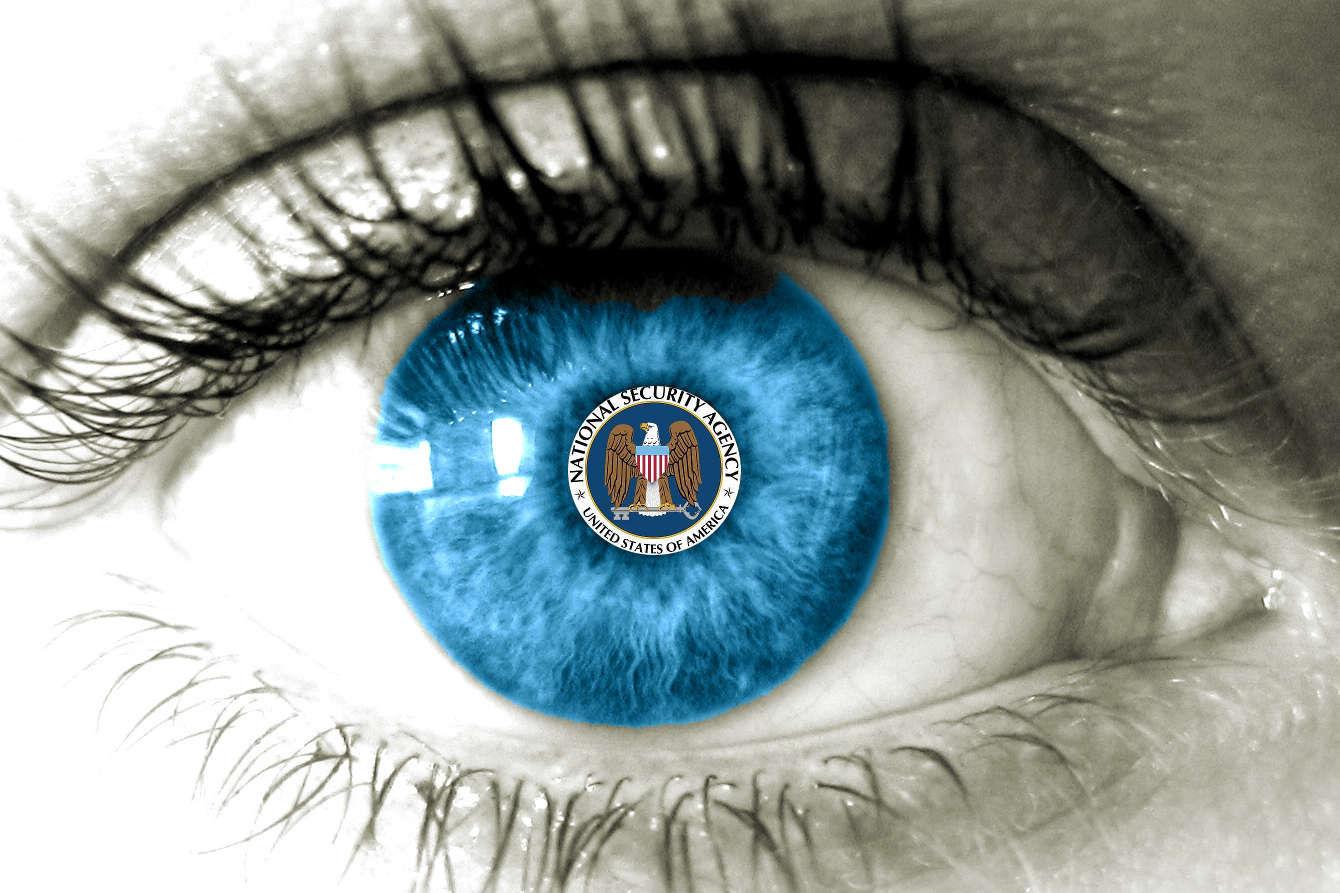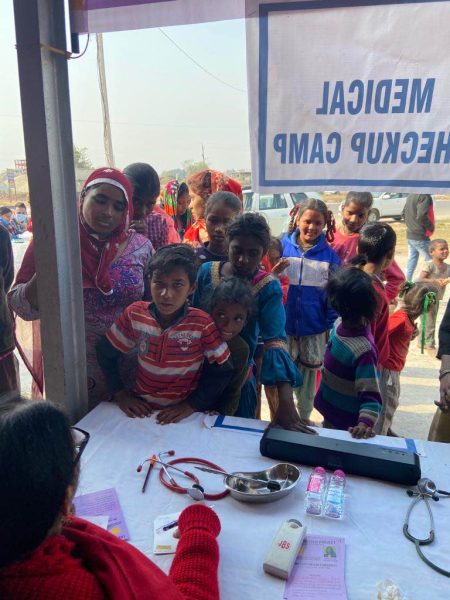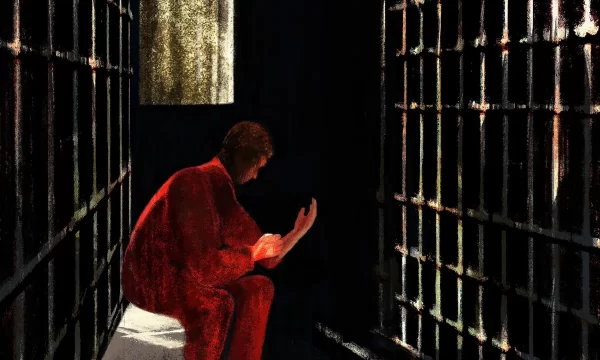Liberty and Safety
The US government continues to struggle with the balance between security and freedom
By now, we have all heard about the NSA and how they have secretly obtained a reportedly wide array of information from millions of Americans. This of course was brought to light by Edward Snowden, who revealed information about the NSA’s PRISM program earlier this year. PRISM forced big internet or communication based companies like Google, Verizon, Yahoo, Apple, Microsoft, and Facebook. From most reports that I’ve seen, most(if not all) of the information they obtained was metadata, time of phone calls or emails, recipients, how often, from/to where, but not the actual content of the phone call or email.
On Wednesday, October 30th, The Washington Post reported on a new program that they say broke into multiple companies’ data centers and took more than just metadata. This of course comes during a whirlwind of accusations by national figures, friendly and not friendly to America, that the American government has been tapping phones, reading emails, and aggressively gathering metadata from citizens of other countries as well as many world leaders, even our closest allies. The government has always been collecting information, but have they gone too far? In my opinion, they passed “too far” long ago.
It seems like the biggest issue that the government faces in terms of lawmaking is the delicate balance between security and freedom. TSA pat-downs, firearm regulation, drug or alcohol use, mandatory health care- it’s all based in this never ending war between safety and liberty. On one end we have a fantastical(not in a good way I might add) society that could comes straight out of an Ayn Rand novel, and on the other is the anarchy that plagues nearly every movie in Hollywood these days.
The difference with this issue is that now the rights and liberties of innocent people from across the globe are being put on the table. Of course the nature of these actions are strictly guarded and I doubt that we can ever be sure we have the truth.
With that being said, I am going to give the benefit of the doubt and, at least for this article, assume that the government has only collected metadata, though they have found weaknesses that they could exploit to obtain more information.
Under these best-case circumstances, I am outright appalled. There is no excuse anyone will ever make that will justify this immeasurably vast criminal system. They call Snowden a traitor, yet they extort businesses, violate our right to privacy, put entire alliances in jeopardy in order to obtain worthless information, and they do it all in secrecy, lying to our faces. If I had the power of the presidential pardon Snowden would be leading parades like the pardoned Thanksgiving turkey, and the NSA would be completely erased from existence.
But enough of that rant, the real issue is finding the balance between safety and freedom. The government needs to evaluate the rewards of their actions and weigh them against the effect they have on the people. We don’t hear about any terrorist plots or spy rings being foiled by these programs, but that doesn’t necessarily mean they don’t happen. A much clearer area of this conflict is firearm laws.
Deaths by firearms are a very clear and quantifiable statistic. We need to consider whether or not the lives of the citizens taken by firearms are more important than our right to protect ourselves with firearms. Ask any informed democrat and they will tell you about the statistics and how they show that guns don’t make you safer, and that countries without firearms have nearly no firearm related deaths. However those countries are not America. We have firearms in order to protect not just our bodies but our piece of mind. The complicated part is figuring out where we still feel safe, but still keep everyone else safe with regulations.
The same logic can be applied to government information gathering, where are we comfortable with the level of privacy we have? How far can the government reach into our lives and the lives of people around the world in search of information? This struggle will continue, and the constant evolution of society will likely never allow for a perfect balance to be maintained for very long. But that doesn’t mean we can’t try.













